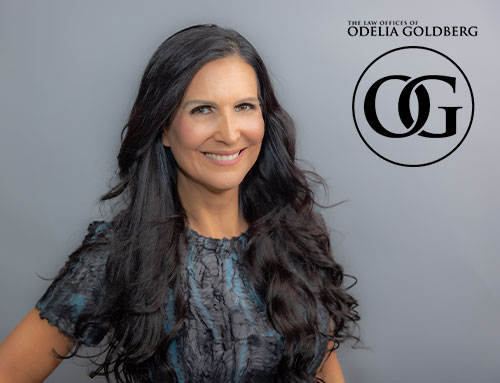The ’70s heartthrob, David Cassidy, passed away in 2017 at the age of 67, leaving his son as his primary heir. Cassidy’s estate was expected to be insolvent as he was known to have financial troubles. Despite selling over 25M records in the height of his career, he filed for bankruptcy in 2015.
After his passing, his estate was originally estimated to be worth around $150K and had around $186K in creditor claims. The Cassidy story ends on a high note as his son inherited a lot more than expected. Cassidy, as it turned out, had a life insurance policy and retirement plan naming his son as the beneficiary.
Lessons from David Cassidy: Minimizing After-Death Creditors
So, what can we learn from this? We can learn how to minimize creditor claims after death. For any estate that is expected to have after-death creditors, there are a few steps that can minimize those creditor claims. Now, we would never want to not pay creditors, that would be wrong! However, with some planning, we can minimize liabilities.







The information on this website is for general information purposes only. Nothing on this site should be taken as legal advice for any individual case or situation.
This information is not intended to create, and receipt or viewing does not constitute, an attorney-client relationship.
© 2025 The Law Offices of Odelia Goldberg. All Rights Reserved. Privacy Policy. Web Development by IWD Marketing